9. Talk to Her
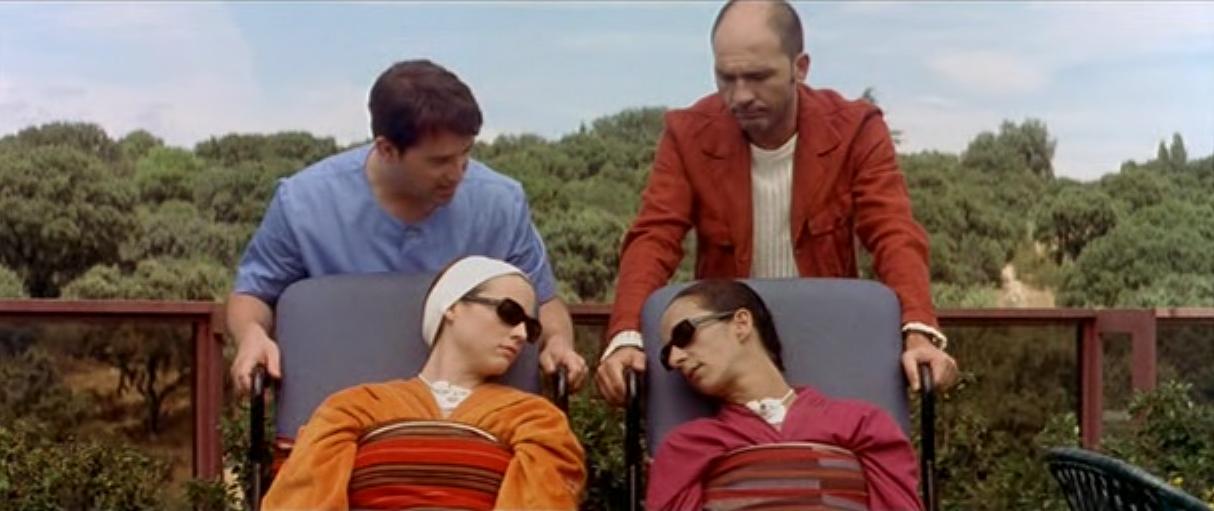
Morally challenging and dramatically unconventional, Talk to Her saw Pedro Almodóvar with plenty more to prove beyond his own lengthy catalogue before 2002.
Uncharacteristically focusing on the men of his story, the time hopping, perspective-shifting tale of a complicated male friendship makes many unexpected and disquieting turns throughout. The zigzagged narrative comfortably covers loneliness, grief, unrequited love and the ambiguity of truth without coming across scattershot or overstretched.
Though the female characters take a backseat in the story due to their respective comas, Almodóvar does their characters justice by exploring them through their male counterparts. Unpredictable and darkly poetic, Talk to Her’s fitting win makes a case for the inclusion of more non-English films to be honored for their writing and not just in the Best Foreign Language Film category.
8. Django Unchained
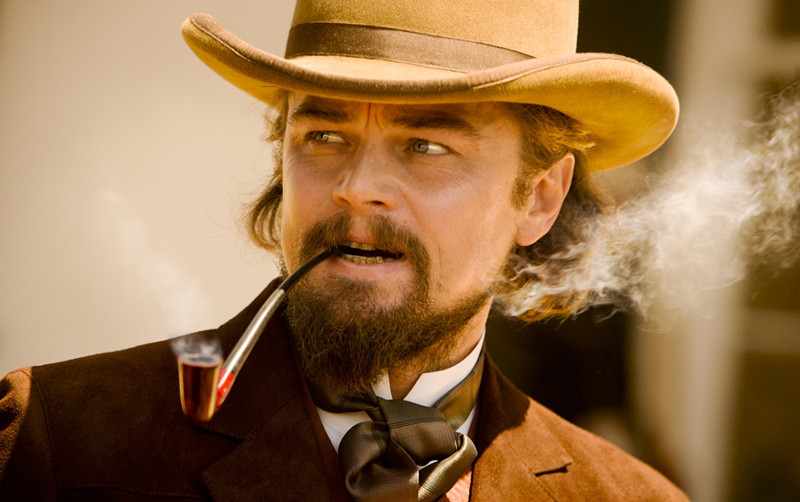
While Inglourious Basterds is seemingly engraved as his mid-career peak, Django Unchained very well might be Quentin Tarantino’s best film since Pulp Fiction. Beyond honoring westerns even better than he did in Kill Bill: Volume 2 but before his unhinged tastes got the better of him in The Hateful Eight, Tarantino really hit a sweet spot in his revisionist slavery revenge flick.
Tarantino’s celebrated mastery of tension through discourse is more than reaffirmed in the extensive dialogue sequences involving Leonardo DiCaprio’s superb crack at Calvin Candie and the absurdities that go down on Candyland ranch.
With a win already to Tarantino’s name, the only other film more worthy of a win would have been Wes Anderson’s Moonrise Kingdom. Anderson has never won despite several nominations, and that 2012 adolescent romance is the most ravishing of his quirky collection.
7. The Hurt Locker
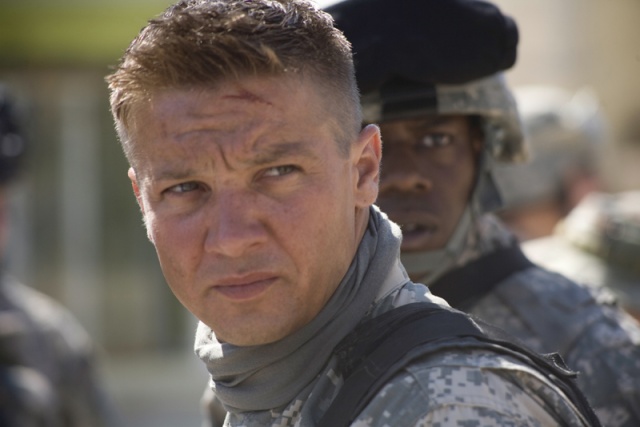
Depicting the lives of soldiers who recently fought in Iraq without glorifying the situation is a narrow tightrope to cross, especially when the film is essentially the character study of a cavalier, reckless thrill-junkie.
Nevertheless Mark Boal does an extraordinary job in cramming thrills and purposeful character development within the film’s timeline: the final month in Bravo Company’s rotation as they dismantle explosives in harrowing situations that gradually escalate as film wears on.
Thematically, The Hurt Locker isn’t terribly complex. It opens with a simple quote that it advances as it reveals the layers of Jeremy Renner’s character. While real events have lent themselves well in further Boal/Bigelow pairings Zero Dark Thirty and Detroit, with fiction the gravity of the still very recent history of our meddling in the Middle East is drawn with candor and realism.
6. Manchester by the Sea
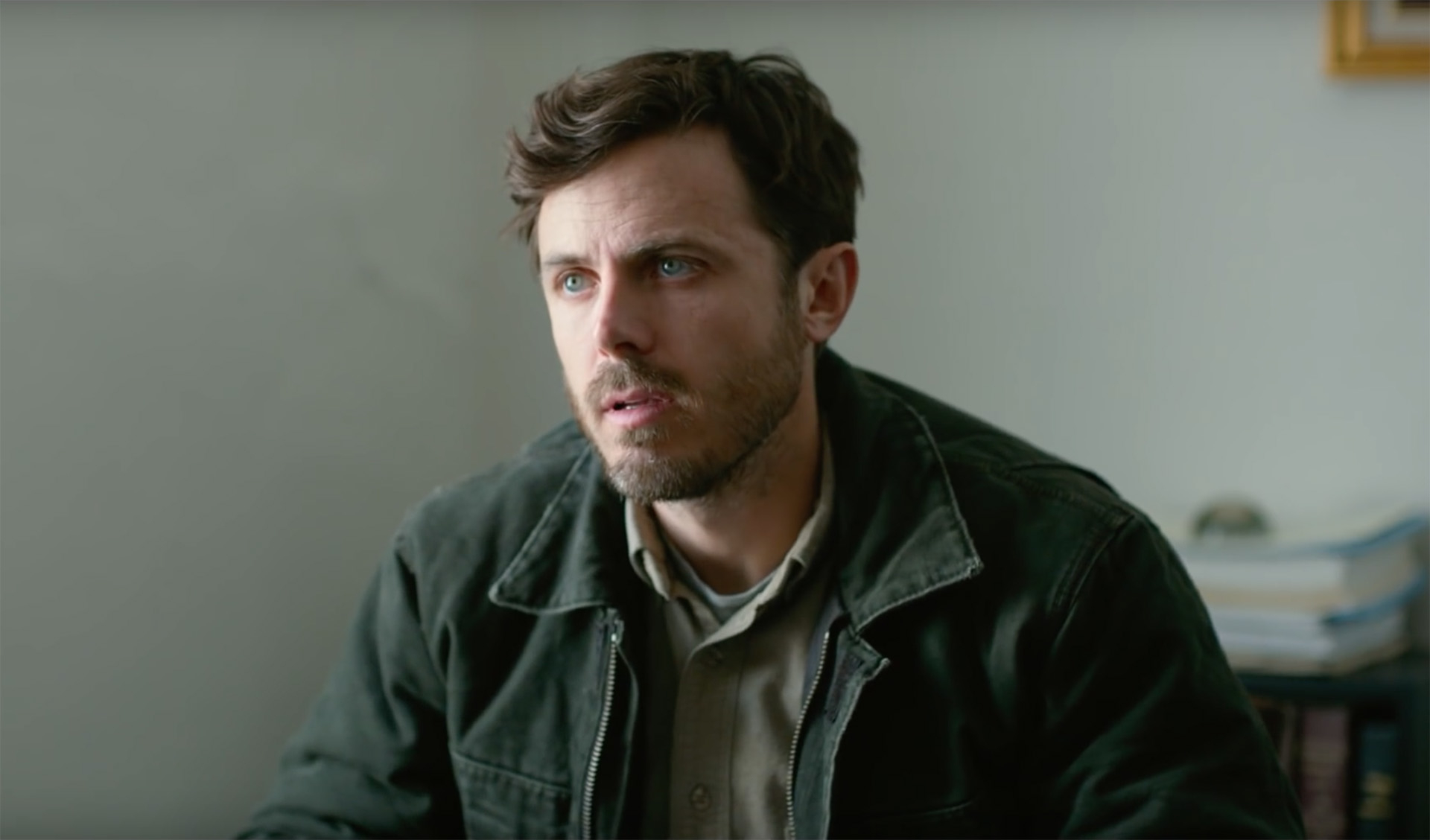
Anyone who writes off Manchester by the Sea as a miserably depressing drama has forgotten just how funny the script really is. Powered by candid, realistic performances, Lonergan’s winding narrative has enough character relation payoffs in barefaced, theatrical moments of drama to fill a season of television.
In a year when any nominee could have walked away with the Oscar and felt they deserved it – the good company also included La La Land, The Lobster, 20th Century Women and Hell or High Water – Lonergan’s understated masterwork still feels like the right choice. The tonal shades this film finds within grief, the distant link between our second family relations and the foibles of adolescence and adulthood are both chilling and warming. Manchester is full of tremendous feeling despite how simple the story really is.
Lonergan clearly cherishes the drama and character development wrought from disparate, complicated individuals within family ties, and here he finds a flavor of melancholy and sympathy that can be easy to overlook but is actually acutely comforting when fully embraced.
5. Her
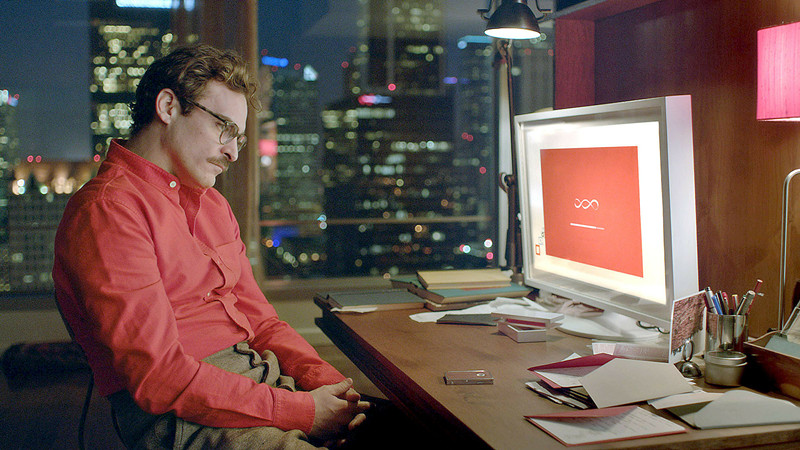
An earnest, piercing dissection of modern romance and one of the most prescient science fiction films of the era, Her’s script is as moving on the page as it is on film.
Not to take anything away from Spike Jonze’s awkwardly authentic future-romance fable, which he breathes life into visually without a hitch. There’s just something so innately inspired and thought-provoking about the idea of developing a relationship with an AI. Jonze showcases a real knack for humor, but that pathos he has sought to unearth in his two Charlie Kaufman-penned features and in adapting Where the Wild Things Are come out of the weeds in his most absolute feature thus far.
Punctuated by the so true sting of loneliness and modern technology’s way of distracting us from that void in our lives, Her intuitively handles thematic musings that are unavoidable in such a premise. But between the many fascinations of seeing a human/AI romantic relationship play out, Jonze treats us to hilarity and heaviness in manageable loads. Compiling in depth over its slender two hours, Her is ultimately one of the most original romance films ever conceived and a sincerely human portrait of 21st century disillusionment.
4. Midnight in Paris
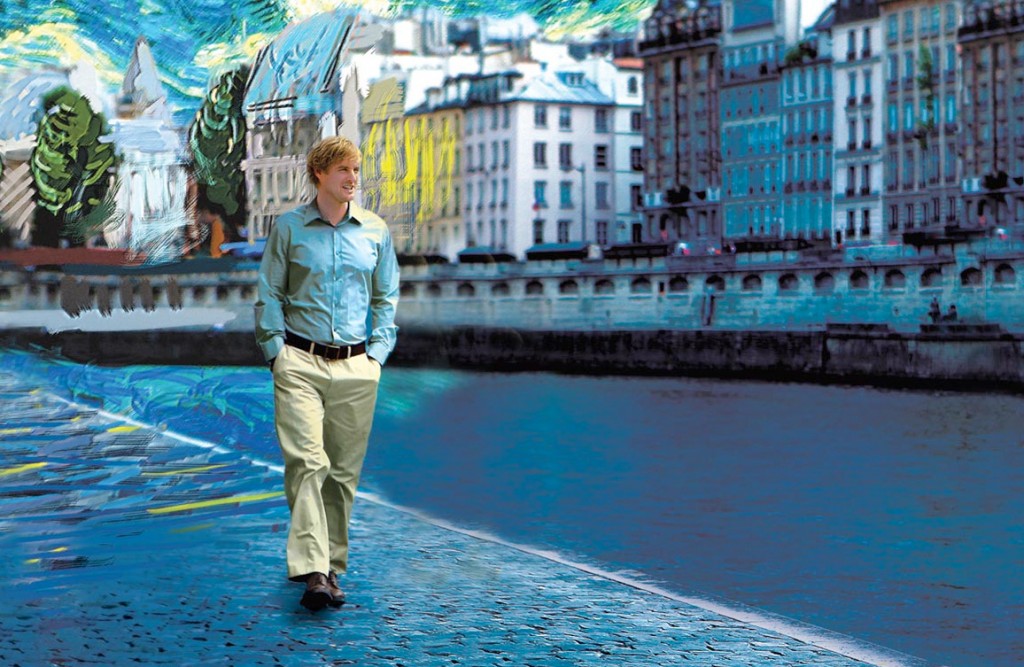
Scaling the peaks of his work in the late 70s, Midnight in Paris is likely the defining script and film of the dozens of Woody Allen features in recent memory.
Wry, insightful, and continuing a legacy of engaging in philosophical quandaries and social commentary, this Owen Wilson led film – which sees the underrated actor becoming the best surrogate for Allen’s own voice – investigates the glorification of the past, curiosity vs. intellectualism and fresh romantic idiosyncrasies. A protagonist caught in a screenwriting rut and aiming to make his mark in literature also feels very autobiographical even by Allen’s standards.
Easily his best work this century, Midnight in Paris is a late masterstroke that was a wonder to discover at first and warms you like thick cloak upon any number of revisits. Allen’s scripts are sometimes so singularly powered by dialogue that they would pass better as plays, but with an obviously gorgeous locale to send a cinematic love letter to, the 2011 film is a lovely visual experience to boot.
Midnight in Paris manages to fit right into the filmography of nearly 50 tries of a writer-director’s formula, only this one stands out as an effortless, whimsical and downright enchanting time-travel fantasy romance.
3. Lost in Translation
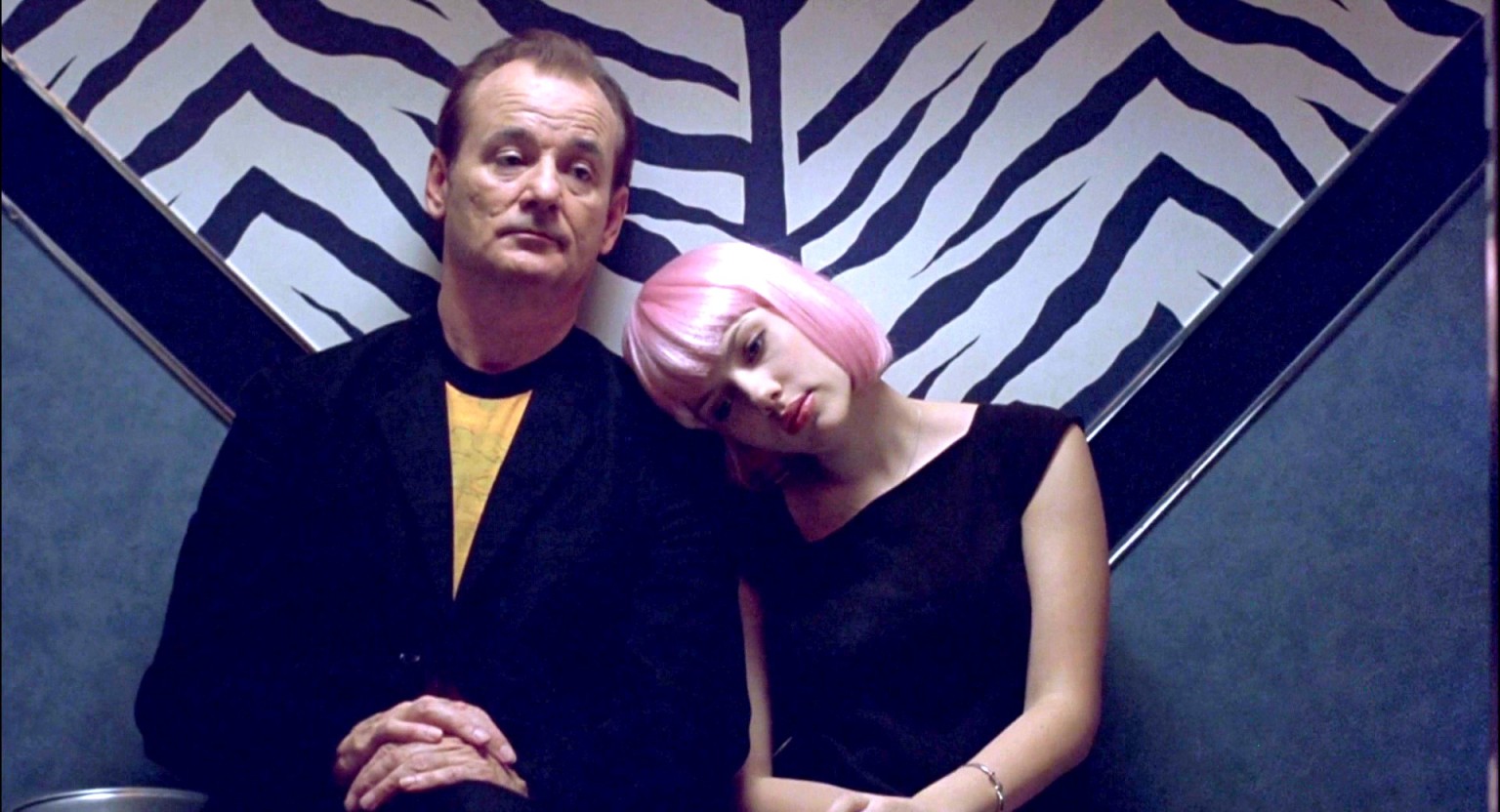
Sofia Coppola’s gentle, meditative calling card wrestled the best out of leads Bill Murray and Scarlett Johansson – their individual roles provide some of the finest work of their respective careers and fuse for a most adorable chemistry in their brief, nearly platonic Tokyo relationship.
The brilliance of the film and Coppola’s general skill at screenwriting is in how much she conveys without words by instead planting more meaning in looks and gestures than dialogue could ever do justice. She makes the touching of another’s foot look daring and rapturous and likewise karaoke is made spiritual and scandalous through her direction. Lost in Translation is splendidly romantic, and yet Coppola is sharp enough to know that suggesting a yearning and a delicate subtext would be infinitely more tender than a textbook travelogue love story.
The sparse dialogue could be held in question for an Original Screenplay win, but whenever Murray or Johansson speak, they have our complete attention in their most lowly first world problems as well as in their late night existential anxiety.
2. Juno
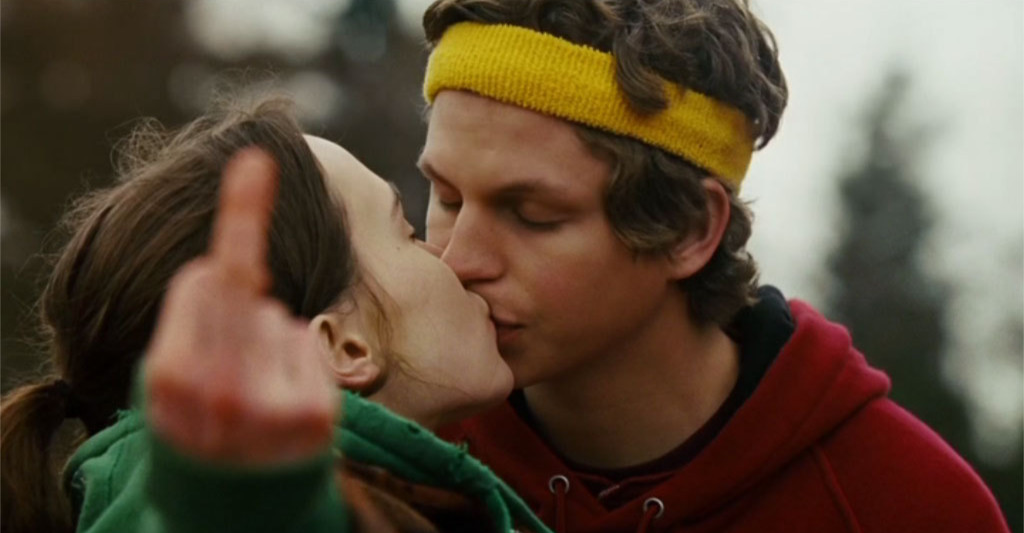
Wisely removing the politics of women’s rights from the gist of its premise, Juno tackles teen comedy and the coming of age story from a snidely mature and incredibly contemporary perspective. Juno herself is as much a now-classic character as a vessel to explore the condition and outlook of the hipster millennial.
While the hyper-clever dialogue can be an earful to those not looking for that sort of repartee – or just those who thought it was unrealistic – Diablo Cody’s debut screenplay, perfectly realized by Jason Reitman, is still a marvel in capturing the zeitgeist of the generation it depicts. Not every teenager possesses Aaron Sorkin-like wit, but communication through wannabe catchphrases and affected sarcasm is spot on.
In the company of strong original films like Ratatouille and Michael Clayton, Juno still stands as the obvious praiseworthy choice. Finding the lightness in the overwhelming confusion of adolescence, Cody’s screenplay leaves the morals of unwanted pregnancy to something like Obvious Child while instead fashioning unforgettable characters and some of the most hilarious and quotable exchanges heard this millennia.
1. Eternal Sunshine of the Spotless Mind
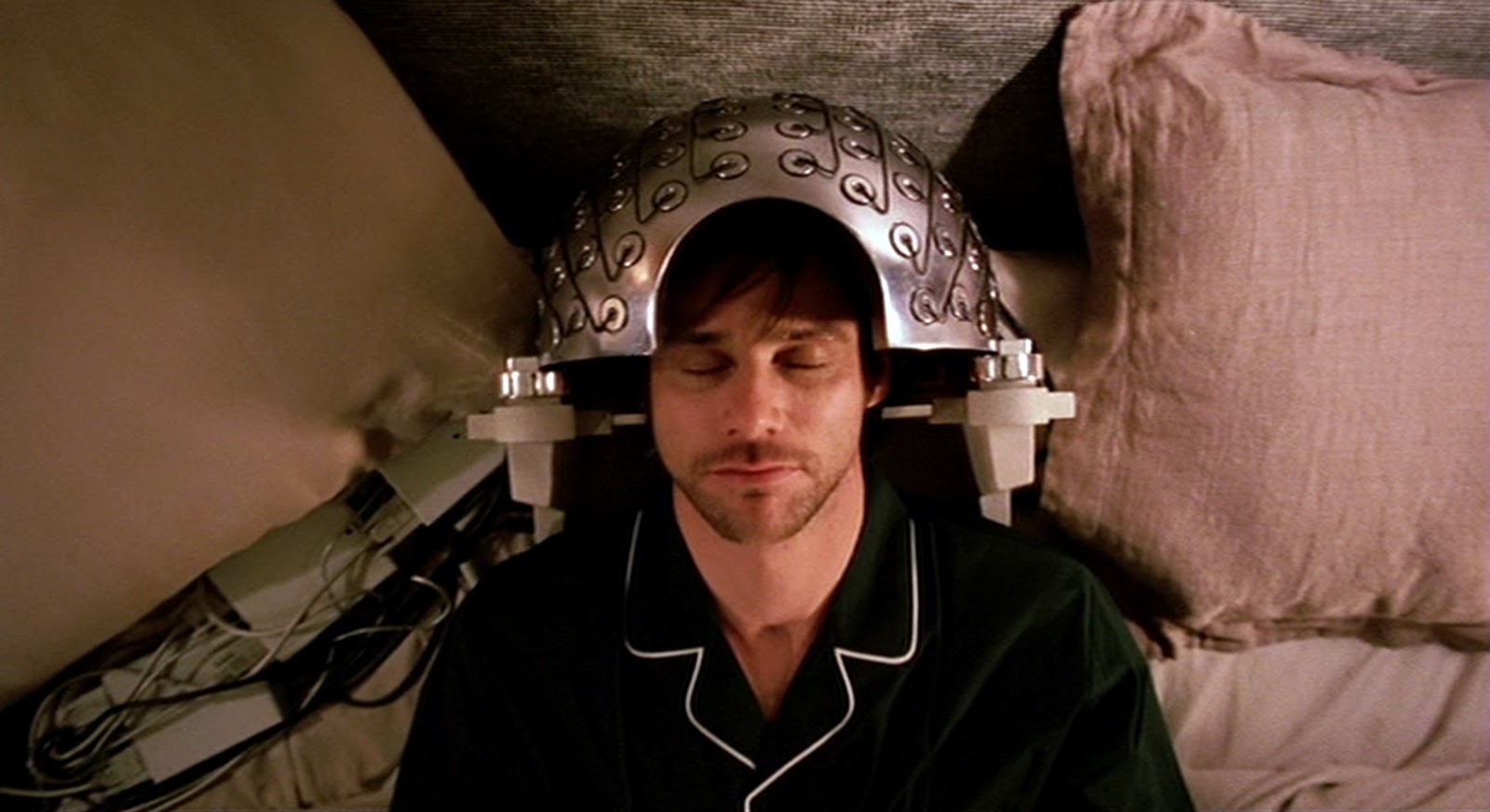
Insightfully and ingeniously written, Eternal Sunshine of the Spotless Mind is a true original and a high water mark for Kaufman’s potential as of his career in 2004. It’s matched in quality by Kaufman’s only writer-director triumphs in Synecdoche, New York and Anomalisa, which is to say he’s been on a role.
In terms of plotting and themes, no other Best Original Screenplay winner has been so singular and significant. The film’s genre intricacies – which comingle romantic comedy and sci-fi to truly bizarre conclusions – have an equal hand in aiding Kaufman’s revelatory writing process. How does one show the light at the end of the tunnel after a devastating breakup? Kaufman illustrates that without our worst memories we wouldn’t even be ourselves.
Observational, uniquely clever and doused with potent surrealism where needed, Eternal Sunshine became something to cherish with the help of a great cast and Michel Gondry’s exemplary eye. The humanity and imagination of Charlie Kaufman’s original script offers peculiar narrative gratification along with universal human truths. As a story alone, Eternal Sunshine of the Spotless Mind stands as one of the finest screenplays of our time.